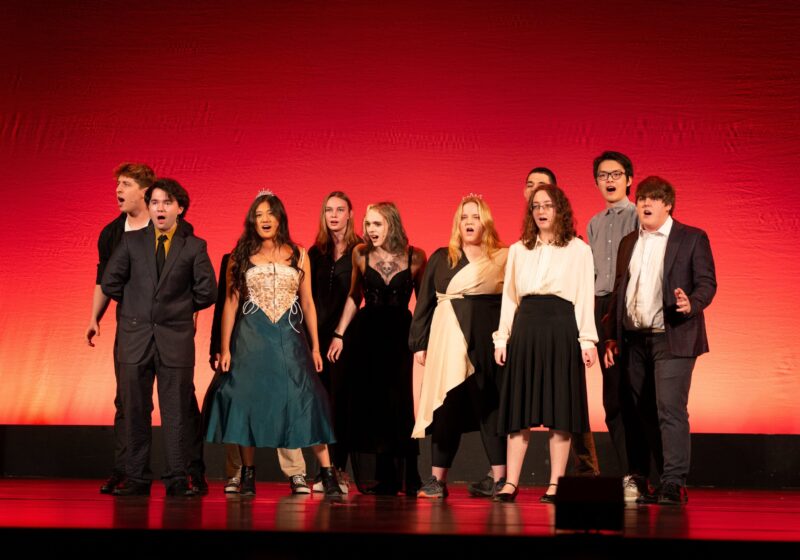Each year, around 3,500 lost items are filed by the Department of Public Safety (DPS).
DPS’ lost and found reserve is responsible for any items lost on the River Campus, at the Eastman School of Music, and at Strong Memorial Hospital, as well as Strong West and Strong Ties mental health clinic. The system is run based on the guidelines of New York Personal Property Law 252, which requires that found personal property be either “returned to its owner or turned over to the local police.”
After retracing their steps numerous times and turning dorm rooms upside down to no avail, the next step most students take is calling DPS at its lost and found number, 275-2552.
But the process of retrieving any lost items from DPS is different than the stereotypical image of a student rummaging through an overflowing cardboard box.
“There is a common misconception that someone can just walk in and ask to look over the lost and found property to determine if anything belongs to them,” Lead Security Officer Brian Rushford, who oversees the lost and found, said.
At UR, lost property is secured by DPS in a locked area. The procedure for retrieving it places heavy emphasis on proper identification before anything can be returned.
Asking for positive identification, verification passwords, serial code numbers, or an object’s specific characteristics that only its owner would know are among some of the methods officers use to ensure that everything is returned to its rightful owners.
Items commonly found include UR IDs, credit cards, wallets, purses, cellphones, keys, and driver’s licenses.
But sometimes, much more bizarre items—including prosthetic medical devices, car hubcaps, dentures, and even local town welcome signs—have found their way into the lost and found reserve.
Once, like a scene out of an espionage movie, a suitcase carrying $2,300 was found.
Although only about 25 percent of all lost property is eventually claimed, Rushford said “Public Safety officers will do their best to notify a known property owner by use of the University employee or student data bases, parking data base, Strong Hospital patient resources, multimedia resources, or Internet searches.”
Lost objects remain in the reserve for a specified length of time (depending on condition and price value), ranging from two weeks for anything under $20 to five years for anything valued at $5,000 or more.
If still left unclaimed, objects such as textbooks, supplies, and other school-related items are given to the University, while others are donated to various local charities. Unclaimed glasses are typically donated to the Eye Clinic at Strong Memorial Hospital.
In certain circumstances, common law dictates that an item may be given back to the person who originally found the lost property, provided that there is no breach of personal or medical information.
“We have turned over $600 to a finder once the retention time frame was met,” Rushford said.
To improve the system, Rushford said DPS needs students’ help.
He recommended that students take safety precautions, such as photographing any expensive property ahead of time, keeping records of receipts and serial numbers, registering bikes with the Department of Transportation and Parking Management, and labeling and password-protecting any valuables.
Even if you do end up losing something, and the situation seems helpless, don’t despair: A woman who thought she would never see her wallet again was contacted by DPS after someone found her wallet—35 years after she’d lost it.





